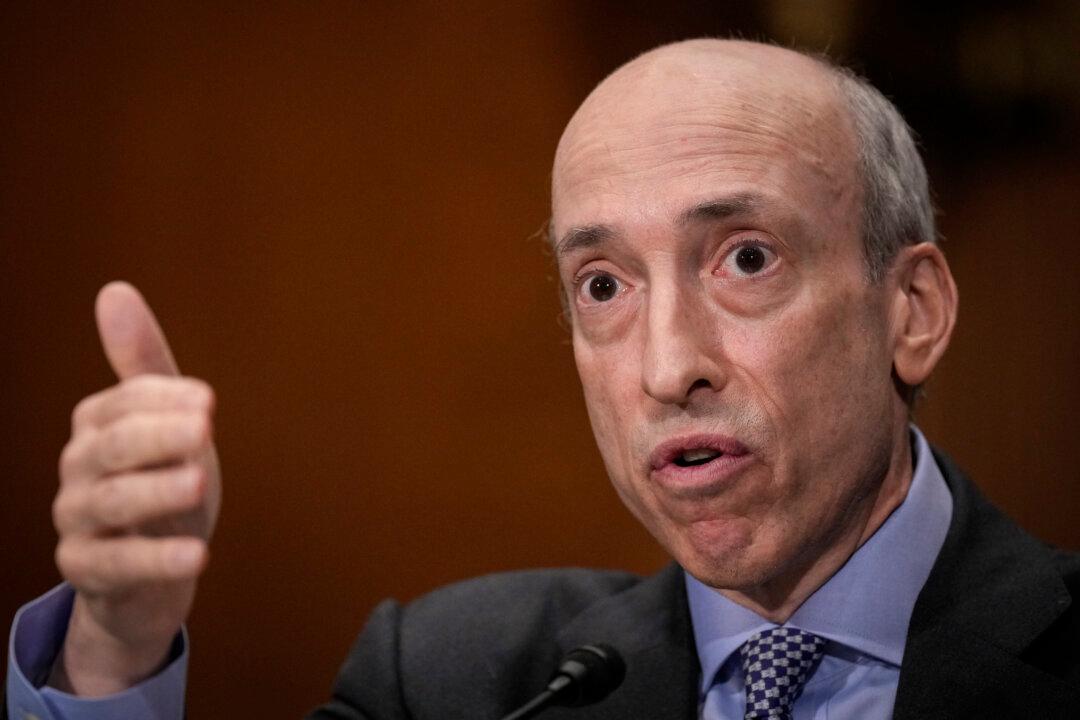United States Securities and Exchange Commission (SEC) Chair Gary Gensler believes a financial crisis stemming from the widespread use of artificial intelligence (AI) is “nearly unavoidable” without swift intervention by regulators.
In an interview with the Financial Times, Mr. Gensler outlined why, in his opinion, regulators must quickly find a way to manage risks posed to financial stability by the concentration of power in artificial intelligence platforms.





